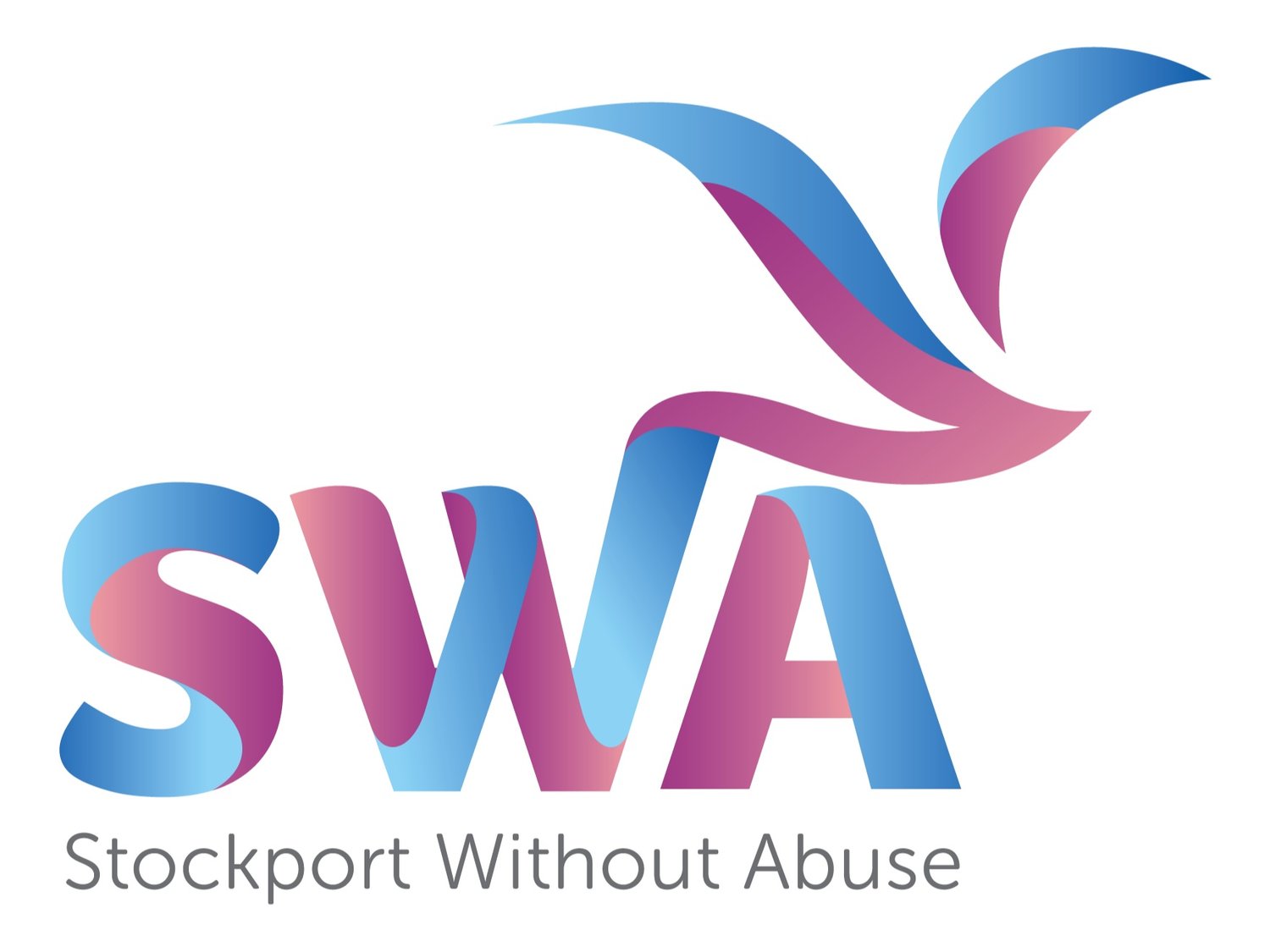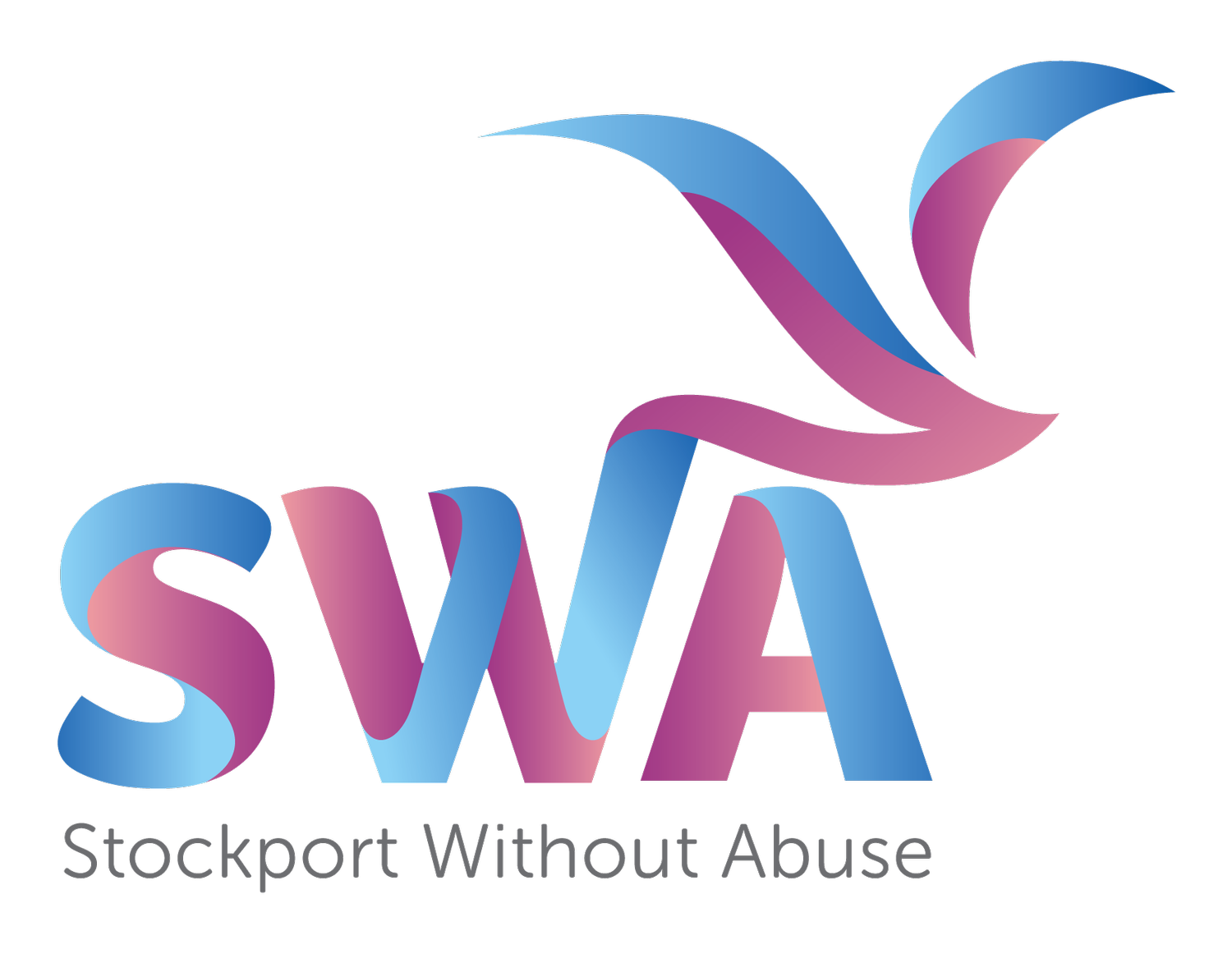Verbal Abuse
Verbal abuse, often referred to as emotional abuse, is a pattern of harmful words, insults, and verbal aggression aimed at belittling, demeaning, or controlling another person. It can take various forms, including but not limited to:
Name-Calling: Using derogatory names or insults to hurt and degrade the victim.
Humiliation: Publicly or privately shaming the victim, often in a degrading manner.
Yelling and Screaming: Raising one's voice in an aggressive and intimidating manner.
Blame and Accusation: Constantly blaming the victim for perceived problems or issues.
Threats: Making threats of harm, abandonment, or violence.
Manipulation: Using words and guilt to control the victim's behavior, emotions, or decisions.
Signs of Verbal Abuse:
Recognising verbal abuse is crucial to breaking free from its emotional grip. Here are some common signs to be aware of:
Name-Calling: Frequent use of derogatory names or insults, even in moments of conflict.
Humiliation: Public or private humiliation that leaves the victim feeling ashamed or worthless.
Constant Criticism: Relentless criticism, blaming, or fault-finding.
Yelling and Screaming: Outbursts of anger or rage, accompanied by shouting or screaming.
Manipulation: Emotional manipulation, such as guilt-tripping or gaslighting, to control the victim.
Isolation: The abuser may isolate the victim from friends and family, making them more vulnerable.
Seeking Help and Healing:
If you or someone you know is experiencing verbal abuse, it's vital to seek help, support, and healing. Here are steps to consider:
Reach Out: Share your situation with a trusted friend, family member, or therapist who can provide emotional support.
Therapy and Counseling: Seek therapy to address the emotional trauma and regain self-esteem.
Support Groups: Join support groups or organizations specializing in emotional abuse recovery.
Communication Skills: Learn healthy communication skills to build boundaries and self-respect.
Safety Plan: Develop a safety plan with professionals to ensure your overall well-being and that of your dependents.
Legal Action: In extreme cases, consult with a solicitor or advocate about legal options, such as protective orders.
Verbal abuse is a profound violation of emotional boundaries and respect, and no one should have to endure it. Remember, you are not alone, and help is available. Reach out to the resources and support networks in your community to start your journey toward healing, empowerment, and a life free from abuse. Your emotional well-being and self-esteem deserve to be protected and nurtured.

